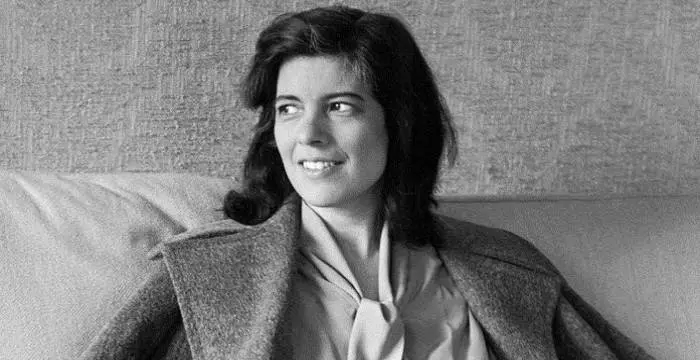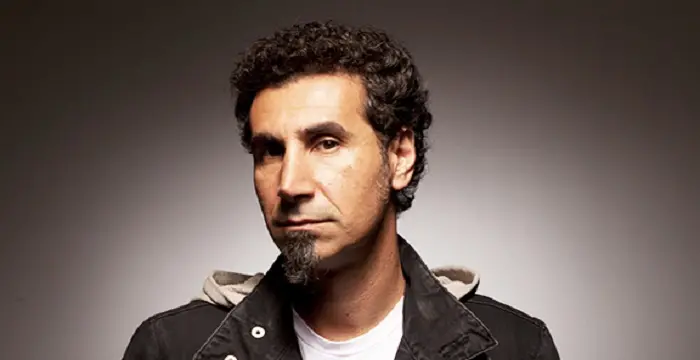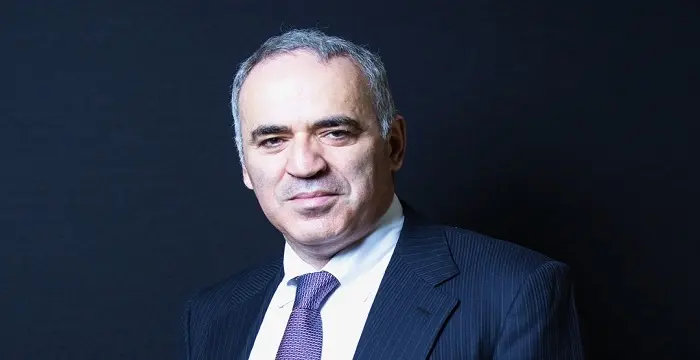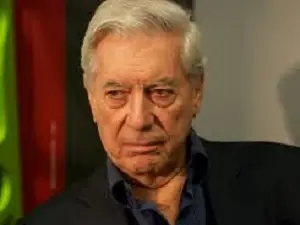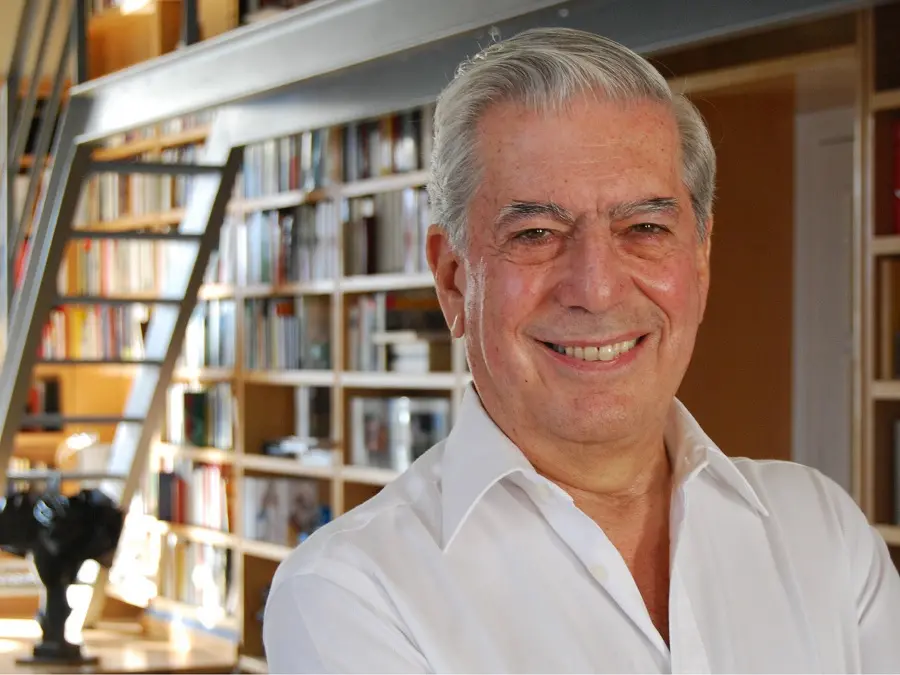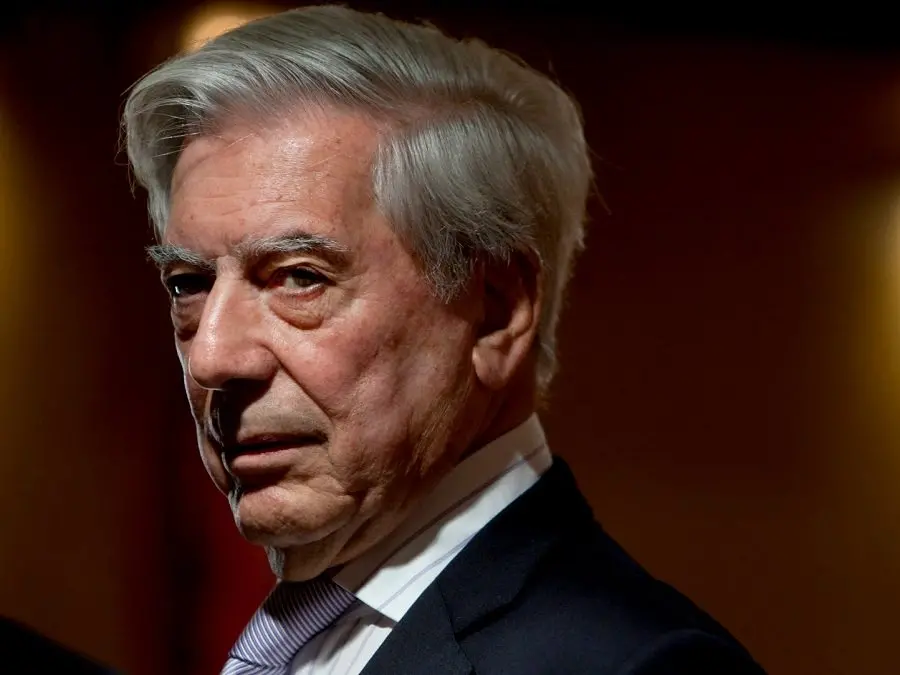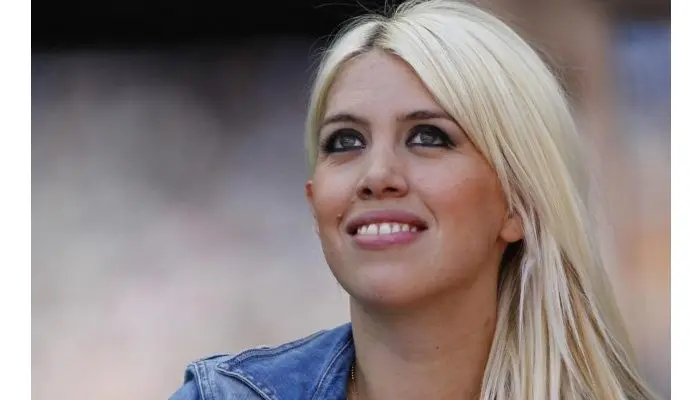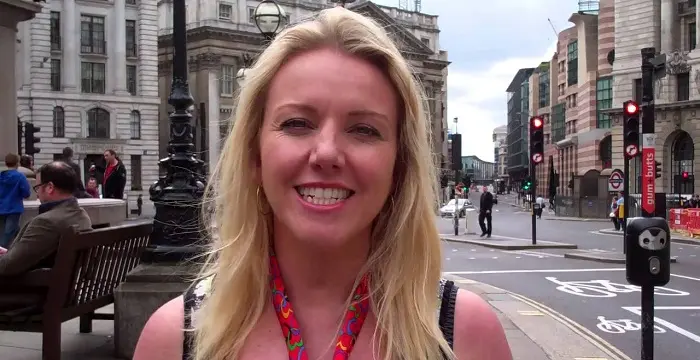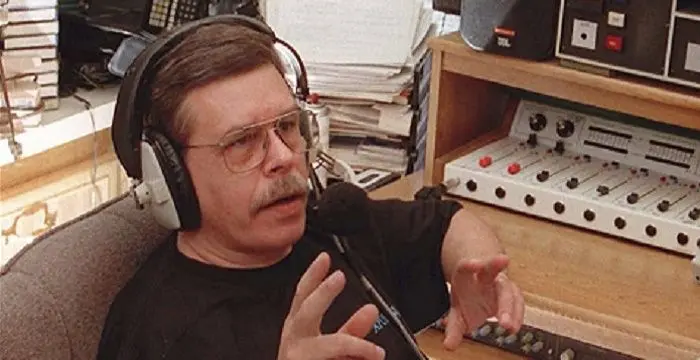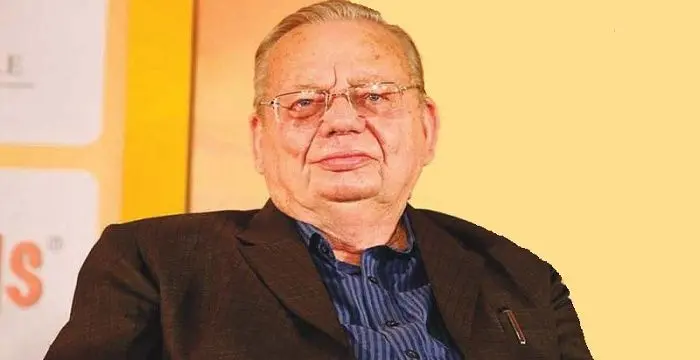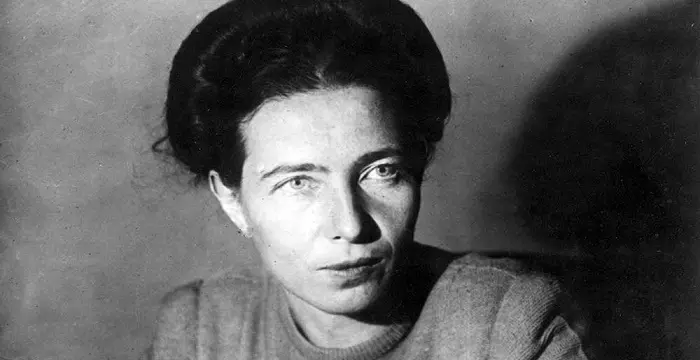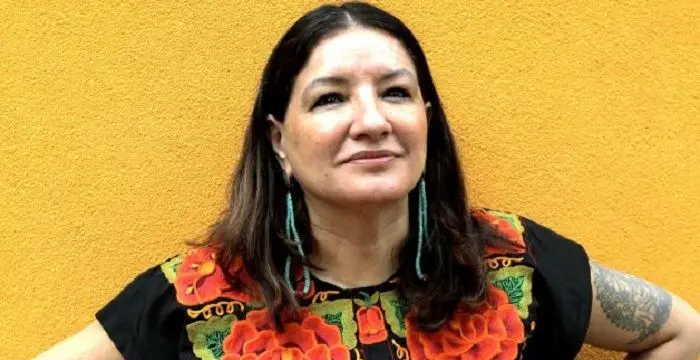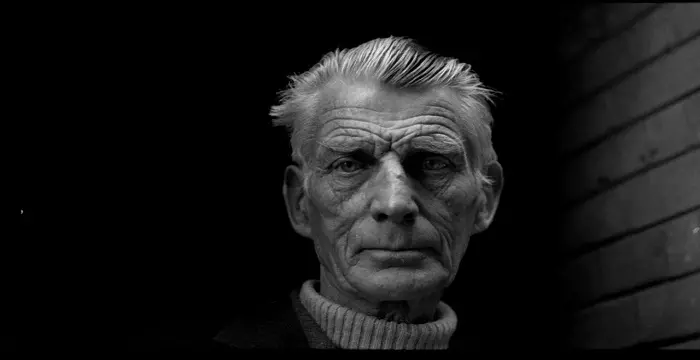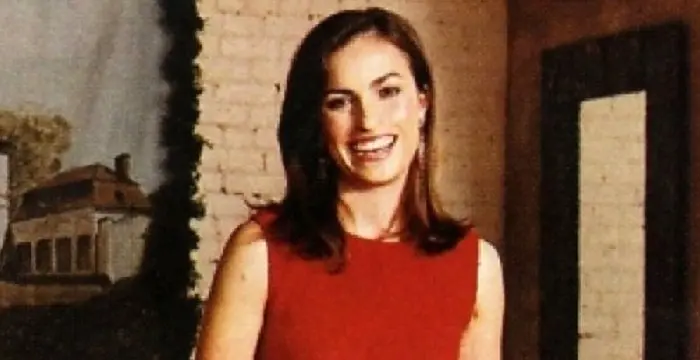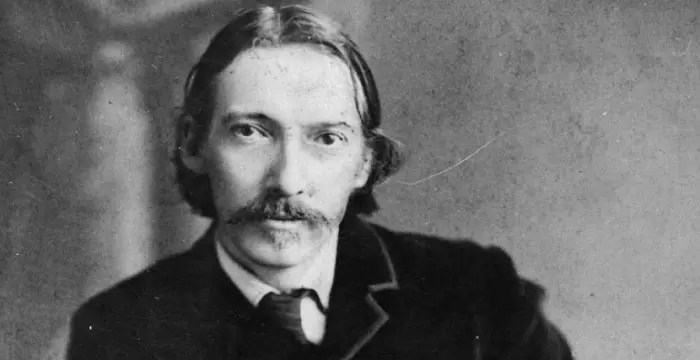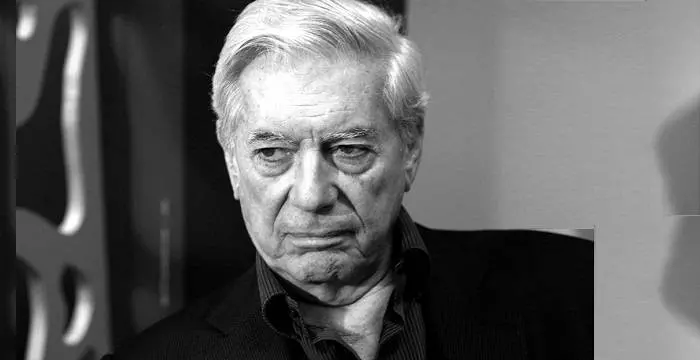
Mario Vargas Llosa - Political Activists, Timeline and Childhood
Mario Vargas Llosa's Personal Details
Mario Vargas Llosa is a Peruvian writer and the recipient of the 2010 Nobel Prize in Literature
| Information | Detail |
|---|---|
| Birthday | March 28, 1936 |
| Nationality | Peruvian |
| Famous | Nobel Laureates In Literature, Political Activists, Intellectuals & Academics, Media Personalities, Journalists, Writers, Essayists |
| Hobbies | Vargas Llosa is very fond of association football |
| Spouses | Julia Urquidi, Patricia Llosa |
| Siblings | Ernesto Vargas |
| Known as | Mario Vargos Llosa, Jorge Mario Pedro Vargas Llosa |
| Childrens | Álvaro Vargas Llosa, Gonzalo Vargas Llosa, Morgana Vargas Llosa |
| Universities |
|
| Founder / Co-Founder |
|
| Birth Place | Arequipa |
| Religion | Agnosticism, Agnostic theism |
| Gender | Male |
| Father | Ernesto Vargas Maldonado |
| Mother | Dora Llosa Ureta |
| Net Worth | $0.5 Million as of January 3,2017 |
| Sun Sign | Aries |
| Born in | Arequipa |
| Famous as | Writer |
// Famous Political Activists
Susan Sontag
Susan Sontag is an American critical essayist, cultural analyst, novelist, political activist, filmmaker and playwright of international repute. Read on to find out more about her childhood, career, profile and timeline.
Serj Tankian
Serj Tankian is a famous American singer-songwriter and member of the band, ‘System of a Down’. This biography profiles his childhood, music career, life, achievements and timeline.
Garry Kasparov
Garry Kasparov is a Russian chess Grandmaster considered by many to be the greatest chess player of all time. This biography of Garry Kasparov provides detailed information about his childhood, life, achievements, works & timeline.
Mario Vargas Llosa's photo
Who is Mario Vargas Llosa?
Mario Vargas Llosa is a Peruvian writer and the recipient of the 2010 Nobel Prize in Literature. He is well-known for his standing in the Latin American “boom” movement of writers. Apart from being a novelist, he is also a journalist, essayist, politician and college professor. He initially received worldwide attention during the 1960s, alongside the rising fame of other various “boom” writers, such as Gabriel García Márquez or Julio Cortázar. Several of his novels have been adapted into films. Generally, the narratives in his writings focus on Peruvian life, though his essays have spanned broader themes, related to issues felt elsewhere in the world. The political bent of his writings culminated in a bid for the Peruvian presidency in 1990, which was not successful. Vargas Llosa’s political outlook has transitioned over the years from far left to liberalism or neoliberalism in later years. His writing style has also evolved, with some critics describing earlier works as evidencing traces of literary modernism and later works as being decidedly postmodern. After his highly acclaimed work, ‘Conversation in the Cathedral’, Vargas Llosa’s work also shifted from solely centering on more serious themes, such as politics or social ills, to include humorous elements in addition to deeper themes
// Famous Media Personalities
Wanda Nara
Wanda Nara is an Argentine model, reality personality, and football agent, more famous as the wife of Argentine football player Mauro Icardi.
Melinda Farrell
Melinda Farrell is an internationally renowned sports anchor and freelance sports reporter. This biography profiles her childhood, life, career, achievements, and some facts.
Art Bell
Art Bell was an American broadcaster and author, known as ‘The King of Late Night Radio.’ Check out this biography to know more about his childhood, family, personal life, career, etc.
Childhood & Early Life
Mario Vargas Llosa was born on March 28, 1936, in Arequipa, Peru, to a middle-class family.
His parents, Ernesto Vargas Maldonado and Dora Llosa Ureta, separated shortly before Vargas Llosa’s birth and, as a result, he lived primarily with his mother’s family.
During his early childhood, he moved from Arequipa to the Bolivian town of Cochabamba and back to Plura, Peru, a result of various diplomatic posts that his maternal grandfather held.
At the age of ten, he moved to Lima, where he lived for the first time with both his parents, who had reconciled.
During his teenage years, he began working as an amateur journalist for various Lima newspapers.
Although his father got him enrolled in a military school, he withdrew and re-enrolled in a Piura high school, where he continued working for local newspapers.
Career
At the age of 17, he enrolled in the National University of San Marcos, Lima, to study law and literature.
After graduating from the National University of San Marcos, he received a scholarship to study at the Complutense University in Madrid, Spain, where he completed a doctoral thesis.
In 1960, he moved to Paris, hoping to receive a scholarship to continue his studies. Although his application was rejected, he continued to reside in Paris and devoted his energies to writing, full-time.
In the early 1960s, his novels received critical attention for the first time.
In 1963, his first novel, based on his experiences at a Lima military school, received widespread acclaim including a Spanish literary prize.
Between 1965 and 1969, his second and third novels solidified his reputation as a literary heavyweight.
In 1971, he published a biographical work on fellow “boom” writer, Gabriel García Márquez.
In the early 1970s, he began writing novels with more humor, including the satirical novel ‘Captain Pantoja and the Special Service.’
By the late 1970s, he began holding various positions within literary organizations and universities, serving as president of PEN International from 1976 to 1979.
Vargas Llosa’s teaching positions included work as a traveling lecturer in the late 1970s, at various institutions including the University of Cambridge and Hebrew University of Jerusalem.
In 1987, Vargas Llosa helped form and lead the Movimiento Libertad, a party that may be termed ‘neoliberal’, despite Vargas Llosa’s own dislike of the epithet.
In 1990, he ran for presidency of Peru as the FREDEMO (Frente Democrático) candidate, but lost to Alberto Fujimori, an experience he later described in ‘A Fish in the Water’.
Since the 1990s, he has lived at least partially in Spain, dividing his time between Madrid and his native Peru. As a national of both countries, he has on multiple occasions expressed his sense of kinship with both nations.
Major Works
In 1966, he published his first novel, ‘The Green House’, which received critical appreciation, including the description by Gerald Martin as “one of the greatest novels to have emerged from Latin America.”
In 1969, he wrote ‘Conversation in the Cathedral’, which catapulted his name into worldwide literary circles.
In 1981, Vargas Llosa’s first historical novel ‘The War of the End of the World’ was acclaimed as one of his most ambitious and most successful works.
In 2000, his political thriller ‘The Feast of the Goat’ received widespread acclaim as one of his most important works.
Awards & Achievements
In 1986, Vargas Llosa received the highly regarded Prince of Asturias Award for Literature, a Spanish prize.
In 2010, he received the Nobel Prize for Literature, “for his cartography of the structures of power and his trenchant images of the individual’s resistance, revolt and defeat.”
In later years, he received various European and Latin American prizes related to arts and letters, including the ‘Austrian Cross of Honour for Science and Art’; the ‘Chevalier of the Legion of Honour’, from France; the ‘Order of the Aztec Eagle’, from Mexico; and the ‘Grand Cross with Silver Star of the Order of Christopher Columbus’, from the Dominican Republic.
Personal Life & Legacy
At 19, he married Julia Urquidi, the sister-in-law of his maternal uncle, who was ten years his senior.
In 1964, Mario and Julia separated and, in 1965, he remarried, this time to his first cousin, Patricia Llosa, with whom he had three children.
His influence as a novelist and writer is largely seen in later generations of Spanish-language authors as well as international writers.
He has been described by literary critic Gerald Martin, as “perhaps the most successful… certainly the most controversial Latin American novelist of the past twenty-five years.”
Trivia
He and fellow “boom” generation author Gabriel García Márquez reportedly had a falling-out in 1976, in which Vargas Llosa punched García Márquez in the face
// Famous Intellectuals & Academics
Bertil Gotthard Ohlin
Bertil Gotthard Ohlin was a famous Swedish economist. This biography profiles his childhood, family life & achievements.
Emily Greene Balch
Emily Greene Balch was an American economist, sociologist and pacifist who won the 1946 Nobel Peace Prize. This biography of Emily Greene Balch provides detailed information about her childhood, life, achievements, works & timeline.
Martin Buber
One of the greatest philosophers to have ever walked on earth, Martin Buber contributions to philosophy is a long-standing one. Explore all about his profile, childhood, life and timeline here.
Mario Vargas Llosa's awards
| Year | Name | Award |
|---|---|---|
Other | ||
| 0 | Peace Prize of the German Book Trade - 1996 | |
| 0 | Rómulo Gallegos Prize - 1967 · The Green House | |
| 0 | Jerusalem Prize for the Freedom of the Individual in Society - 1995 | |
| 0 | Grinzane Cavour Prize - 1986 · The Real Life of Alejandro Mayta | |
| 0 | Maria Moors Cabot Prizes - 2006 | |
| 0 | Prix mondial Cino Del Duca - 2008 | |
| 0 | Menéndez Pelayo International Prize - 1999 | |
| 0 | Irving Kristol Award - 2005 | |
| 0 | PEN/Nabokov Award - 2002 | |
| 0 | Prince of Asturias Award for Literature - 1986 | |
| 0 | National Book Critics Circle Award for Criticism - 1997 · Making Waves | |
| 0 | Carlos Fuentes Prize - 2012 | |
| 0 | Nobel Prize in Literature - 2010 | |
| 0 | Miguel de Cervantes Prize - 1995 | |
| 0 | Premio Planeta de Novela - 1993 · Death in the Andes | |
Mario Vargas Llosa biography timelines
- // 28th Mar 1936Mario Vargas Llosa was born on March 28, 1936, in Arequipa, Peru, to a middle-class family.
- // 1960In 1960, he moved to Paris, hoping to receive a scholarship to continue his studies. Although his application was rejected, he continued to reside in Paris and devoted his energies to writing, full-time.
- // 1963In 1963, his first novel, based on his experiences at a Lima military school, received widespread acclaim including a Spanish literary prize.
- // 1964 To 1965In 1964, Mario and Julia separated and, in 1965, he remarried, this time to his first cousin, Patricia Llosa, with whom he had three children.
- // 1965 To 1969Between 1965 and 1969, his second and third novels solidified his reputation as a literary heavyweight.
- // 1966In 1966, he published his first novel, ‘The Green House’, which received critical appreciation, including the description by Gerald Martin as “one of the greatest novels to have emerged from Latin America.”
- // 1969In 1969, he wrote ‘Conversation in the Cathedral’, which catapulted his name into worldwide literary circles.
- // 1971In 1971, he published a biographical work on fellow “boom” writer, Gabriel García Márquez.
- // 1976 To 1979By the late 1970s, he began holding various positions within literary organizations and universities, serving as president of PEN International from 1976 to 1979.
- // 1976He and fellow “boom” generation author Gabriel García Márquez reportedly had a falling-out in 1976, in which Vargas Llosa punched García Márquez in the face
- // 1981In 1981, Vargas Llosa’s first historical novel ‘The War of the End of the World’ was acclaimed as one of his most ambitious and most successful works.
- // 1986In 1986, Vargas Llosa received the highly regarded Prince of Asturias Award for Literature, a Spanish prize.
- // 1987In 1987, Vargas Llosa helped form and lead the Movimiento Libertad, a party that may be termed ‘neoliberal’, despite Vargas Llosa’s own dislike of the epithet.
- // 1990In 1990, he ran for presidency of Peru as the FREDEMO (Frente Democrático) candidate, but lost to Alberto Fujimori, an experience he later described in ‘A Fish in the Water’.
- // 2000In 2000, his political thriller ‘The Feast of the Goat’ received widespread acclaim as one of his most important works.
- // 2010In 2010, he received the Nobel Prize for Literature, “for his cartography of the structures of power and his trenchant images of the individual’s resistance, revolt and defeat.”
// Famous Essayists
Ruskin Bond
Ruskin Bond is an award winning Indian author of British descent. This biography of Ruskin Bond provides detailed information about his childhood, life, achievements, works & timeline.
Simone de Beauvoir
Simone de Beauvoir was an eminent French writer, intellectual, activist, and philosopher. This biography profiles her childhood, life, thoughts, achievements and timeline.
Sandra Cisneros
Sandra Cisneros is an American writer known for audaciously penning the realities and expectations from females in US and Mexico. This biography provides detailed information about her childhood, life, achievements, works & timeline
Samuel Beckett
Samuel Beckett was an Irish playwright, novelist, theatre director and poet. This biography profiles his childhood, life, works, achievements and timeline
Lisa Brennan-Jobs
Check out all that you wanted to know about Lisa Brennan-Jobs, Steve Jobs’ daughter; her birthday, her family and personal life, fun trivia facts and more.
Robert Louis Stevenson
Robert Louis Stevenson was a famous Scottish poet, novelist and travel writer. This biography profiles his childhood, career, life, achievements, trivia and timeline.
Mario Vargas Llosa's FAQ
What is Mario Vargas Llosa birthday?
Mario Vargas Llosa was born at 1936-03-28
Where is Mario Vargas Llosa's birth place?
Mario Vargas Llosa was born in Arequipa
What is Mario Vargas Llosa nationalities?
Mario Vargas Llosa's nationalities is Peruvian
What is Mario Vargas Llosa hobbies?
Mario Vargas Llosa's hobbies is Vargas Llosa is very fond of association football
Who is Mario Vargas Llosa spouses?
Mario Vargas Llosa's spouses is Julia Urquidi, Patricia Llosa
Who is Mario Vargas Llosa siblings?
Mario Vargas Llosa's siblings is Ernesto Vargas
Who is Mario Vargas Llosa childrens?
Mario Vargas Llosa's childrens is Álvaro Vargas Llosa, Gonzalo Vargas Llosa, Morgana Vargas Llosa
What was Mario Vargas Llosa universities?
Mario Vargas Llosa studied at 1958 - National University of San Marcos, 1960 - Complutense University of Madrid, 1952 - Leoncio Prado Military Academy
Which company or organization was founded by Mario Vargas Llosa?
Mario Vargas Llosa was the founder/co-founder of Democratic Front
What is Mario Vargas Llosa's religion?
Mario Vargas Llosa's religion is Agnosticism, Agnostic theism
Who is Mario Vargas Llosa's father?
Mario Vargas Llosa's father is Ernesto Vargas Maldonado
Who is Mario Vargas Llosa's mother?
Mario Vargas Llosa's mother is Dora Llosa Ureta
What is Mario Vargas Llosa's sun sign?
Mario Vargas Llosa is Aries
How famous is Mario Vargas Llosa?
Mario Vargas Llosa is famouse as Writer
